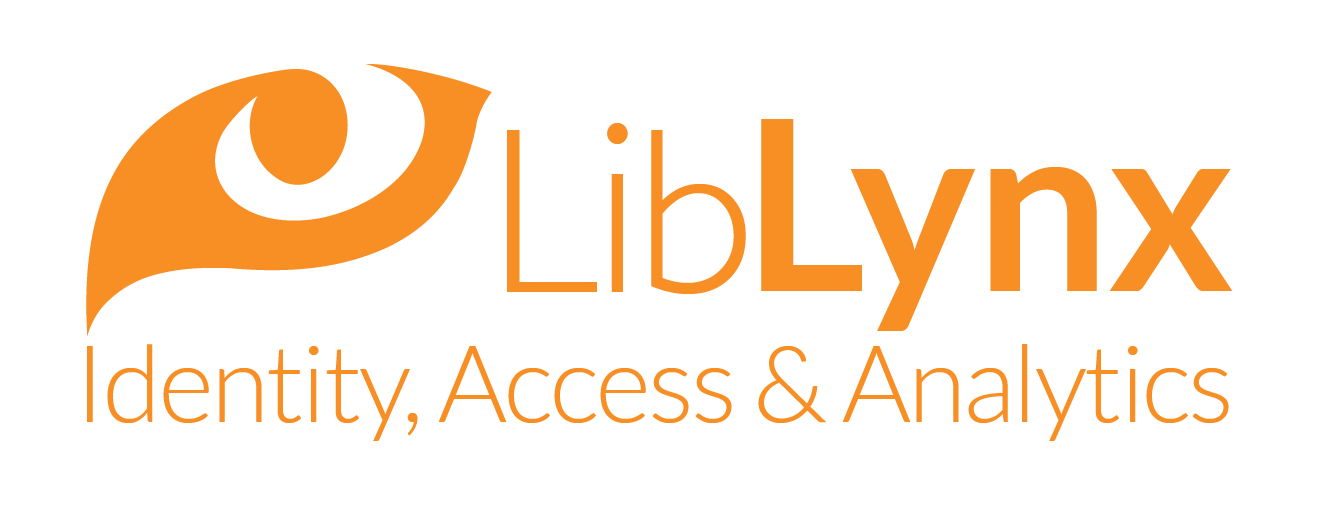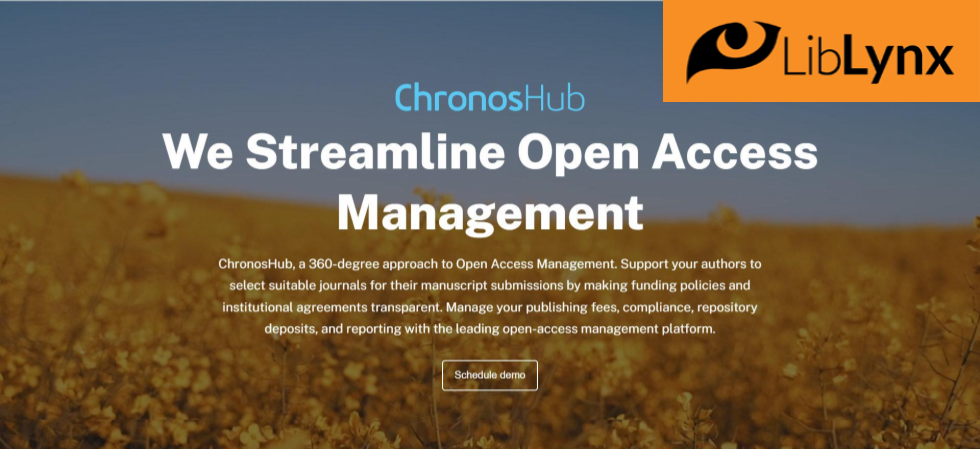Users often wear multiple hats when they interact online with a publisher. When submitting an article for publication, they are an author. When accessing institutionally-subscribed content, they may be a faculty member, a student, or an independent researcher.
However, publisher systems are usually siloed with no way to disambiguate between a user’s different roles. The author logging into an editorial system is typically treated as completely separate from the researcher accessing research, even if they are the same person.
“Publishers able to seamlessly deliver services across their internal silos benefit from a powerful competitive advantage in an increasingly complex market.” Tim Lloyd, CEO of LibLynx
This presents real challenges for publishers trying to deliver a unified experience across the research lifecycle. Their understanding of user needs is broken up across internal systems, with no easy way to build a more complete picture. And users face additional friction and effort when interacting with that publisher’s systems.
Integrating LibLynx into the ChronosHub access workflow provides users with a single access point for their journey, and the first publisher to benefit from this improved access experience is Emerald Publishing. Emerald had already partnered with LibLynx to unify access across their online publications, and had also partnered with ChronosHub to drive open access research through a simplified and improved publishing experience.
Emerald users now have a simple and consistent access experience whether engaging with content pre-publication or post-publication. And Emerald has a more complete understanding of users needs, enabling them to more effectively support them during the researcher lifecycle.
“At ChronosHub we put the researcher first. Partnering with LibLynx to provide a seamless access across the publisher’s different services aligns perfectly with this ambition.” Christian Grubak, co-CEO & founder of ChronosHub
When users log in to ChronosHub to submit their manuscript, sign a license agreement or pay an open access fee, they get authenticated with the same credentials via LibLynx as for any of the publisher’s other services. Technically, this is done by simply requesting user authentication via the LibLynx API.
Any additional user credentials needed are collected using the same login experience as for publication access, including support for a wide range of authentication methods and automatic identification of institutional affiliations through SeamlessAccess. In many cases, researchers will be able to use the same credentials they already use for logging in to their university services.
To learn more about how LibLynx helps simply access to editorial services, please Contact us.
About LibLynx: LibLynx provides flexible Identity, Access Management, and Analytics solutions to online resource providers and libraries. We make identity & access as simple as possible and as secure as necessary and deliver insightful analytics that are on-demand and in real time. We mitigate the risks of fraud and managing personal data. Our cloud native applications are technology and platform independent, with an architecture designed to simplify integration and facilitate customization.
About ChronosHub: Headquartered in Copenhagen, ChronosHub is a leading platform for streamlining the publishing workflow with a focus on unburdening the researchers. Through a collaborative approach, ChronosHub ensures a complete service for all aspects of Open Access, including effective management of publication fees, all types of OA agreements, funder policy compliance, data integrations, and reporting for publishers, funders, and institutions. ChronosHub also supports authors in selecting suitable journals for their manuscript submissions by making funding policies and institutional agreements transparent.


